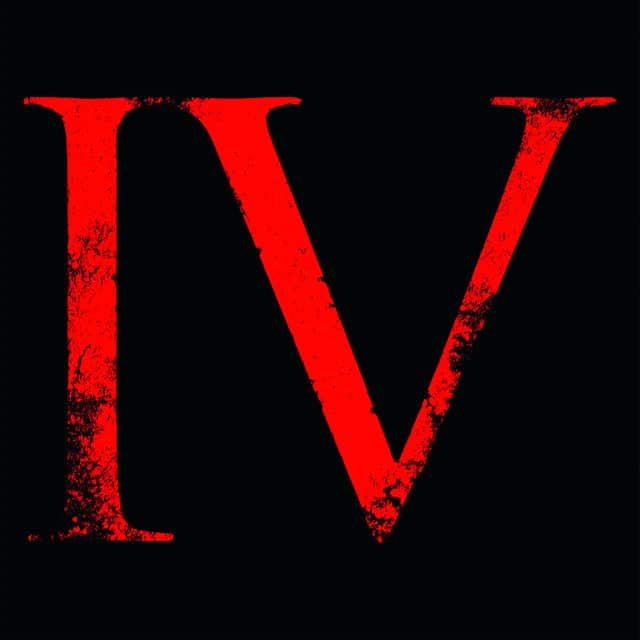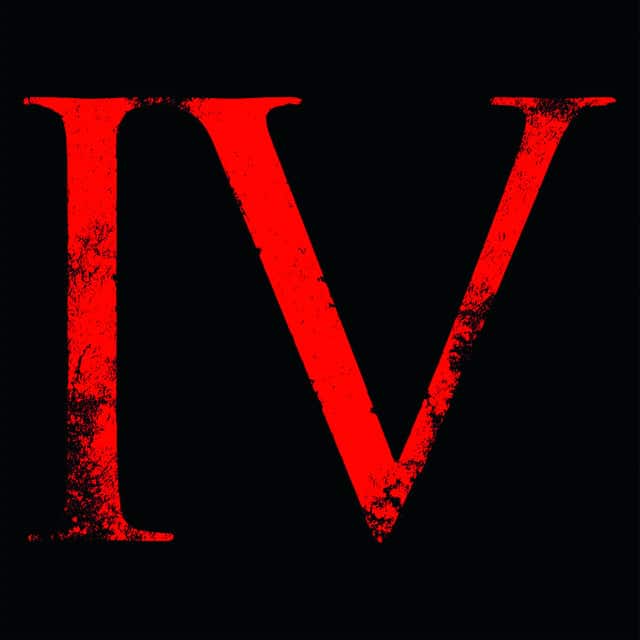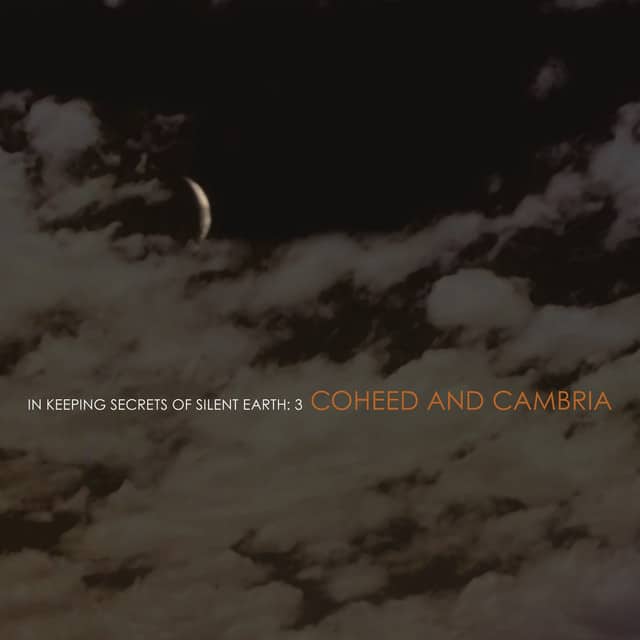Released: 2005
“The Suffering” by Coheed and Cambria isn’t just a song; it’s an intricate piece of a much larger narrative puzzle that this band is famous for. On the surface, it sounds like a tale of romantic entanglement and emotional turmoil, yet there’s a depth here that pulls at the threads of the human condition, questioning decisions, love, and the concept of forgiveness. The lyrics play out like a dialogue or internal monologue, wrestling with the complexities of relationships and the pain they can bring.
The song kicks off with a reflection, almost nostalgic, pondering whether anything could have been different—”Is there word or right to say / Even in this old-fashioned way?” It sets a tone of regret and missed opportunities right from the get-go, with the protagonist mulling over what could have been with their significant other had circumstances been different. This opening salvo roots us firmly in the emotional landscape of someone who’s at a crossroads, looking back rather than forward.
As we dive into the meat of the song, the lyrics oscillate between hope and despair, with lines like “Would things have changed if I could’ve stayed?” and “I cursed the day that I’d learned of the web you spun.” Here, the band masterfully layers the narrative, indicating a relationship marred by deceit or misunderstanding, leading to a profound sense of betrayal. The use of phrases like “Dressed to the blues, day to day with my collar up” employs clothing as a metaphor for carrying one’s sorrows visibly, yet with a semblance of dignity.
The recurring “Hey, hey” lines followed by reflections on decision-making and the passing of time—”if it was up to me / I would’ve figured you out / Way before the year clocked out”—speak to a universal sense of hindsight being 20/20. The protagonist believes that, had they been more astute or aware, they might have navigated the relationship’s challenges more adeptly, avoiding the heartache that came with its dissolution.
Perhaps the most striking sections are the repeated proposals juxtaposed with the phrase, “Not now, boy.” These lines lay bare the vulnerability and desperation of wanting to hold onto someone, or something, that’s clearly slipping away. It’s a plea for connection, for healing, despite being met with rejection. This push and pull, this dance of desire and denial, is the crux of the song’s exploration of suffering within the context of love and relationships.
Finally, the song closes on a somewhat open-ended note, with invitations that will not be acted upon—”You may be invited, girl, but you’re not coming in.” It’s a powerful metaphor for emotional barriers and the guarding of one’s heart after it’s been broken. Despite the outward gesture of reconciliation or connection, the internal resolve is to remain closed off, to protect oneself from further harm.
In “The Suffering,” Coheed and Cambria use their signature blend of emo, prog, and hard rock to delve into the tortuous interplay of love, regret, and resilience. By unpacking these lyrics, we’re privy to a layered story of emotional conflict, the kind that resonates deeply with anyone who’s ever loved and lost. It’s a reminder of the band’s prowess not just in crafting compelling narratives but in embedding them within the infectious hooks and riffs that mark their sound.






